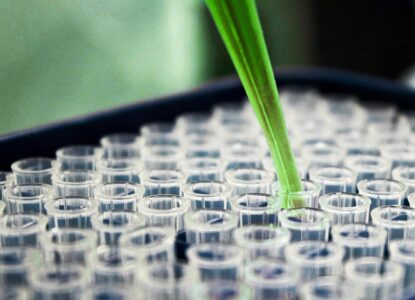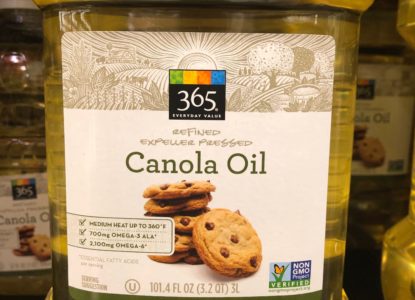Sitosterolemia Mentioned in the Wall Street Journal: What it Means for Patients

We just had a heated Presidential election that almost no one (on either side) enjoyed.
However, if you think politics has become too tribal, try looking for diet advice on YouTube. The level of partisanship in nutrition has mimicked the balkanization we see on social media on a whole host of topics. The Vegans pushed too hard, and now we have the Carnivore diet.
One group tells you that eggs will kill you, another that you can eat them all day every day with no consequences and with no exceptions. Despite the availability of sterol panels from labs like Boston Heart Diagnostics, which can pinpoint why a patient is dyslipidemic, there is never a caveat or a pre-condition, just blunt, one size fits all diet rules that only get more adamant with time.
Misinformed cardiologists still prescribe plant sterols as a “natural” option for lowering cholesterol.
It is for this reason that when a smug MD or dietitian says “DNA diets don’t work” because of a handful of conflicting studies on nutrigenomics and weight loss, I just shake my head. Genetics can help solve so many of the most controversial debates in the diet wars.
Eggs are an example.
A recent WSJ story detailed a mysterious case of heart disease, that after a tremendous amount of digging by the patient, was ultimately linked to sitosterolemia.
I have written extensively, and done several YouTube videos and interviews, about the condition.
Sitosterolemia is a rare genetic disorder characterized by the hyperabsorption of plant sterols, such as sitosterol.
Most people have no clue it exists.
But because the absorption pathway that takes in sterol also regulates cholesterol absorption, plant sterols are used in laboratory settings as a proxy for cholesterol absorption as well (they can’t measure cholesterol because the body makes most of its stores).
Plant sterol isn’t supposed to be in the blood.
Genetically, the body uses efflux mechanisms to “kick it out of the gut wall” so it can’t enter the bloodstream. When SNPs lead to a loss of function in this important pathway, abnormal accumulation of plant sterols in the blood and tissues results. The condition is caused by mutations in the ABCG5 or ABCG8 genes, which encode proteins responsible for regulating sterol absorption and excretion in the intestines and liver.
Over time, sterol absorption, even when it falls short of full-blown sitosterolemia, can cause major damage to arteries. In fact, researchers have found that 4% of subjects with LDL-C concentrations ≥190 mg/dL have plasma β-sitosterol (plant sterol) concentrations above the 99th percentile.
This is what you see in the Wall Street Journal story.
An otherwise healthy guy wakes up to advanced heart disease in his 60s after learning for the first time that, genetically, he is a hyperabsorber.
Eggs and avocado every day are not superfoods for this individual and none of his physicians ordered the tests that would have revealed the issue much sooner.
But here is the thing.
Just as with Lp(a) testing, and even with more basic tests like ApoB, most cardiologists never order these tests.
They are difficult to get, often expensive, and not supported by many labs, which is why genetic testing is essential.
A well designed polygenic risk score for cholesterol and sterol hyperabsorption can reveal ABCG5/8 loss of function and point an individual towards Zetia earlier in life before damage is done.
Lower cholesterol and plant sterol diets for hyperabsorbers are DNA diets, and they can be essential to longevity in the cohorts that carry these genetic variants.



